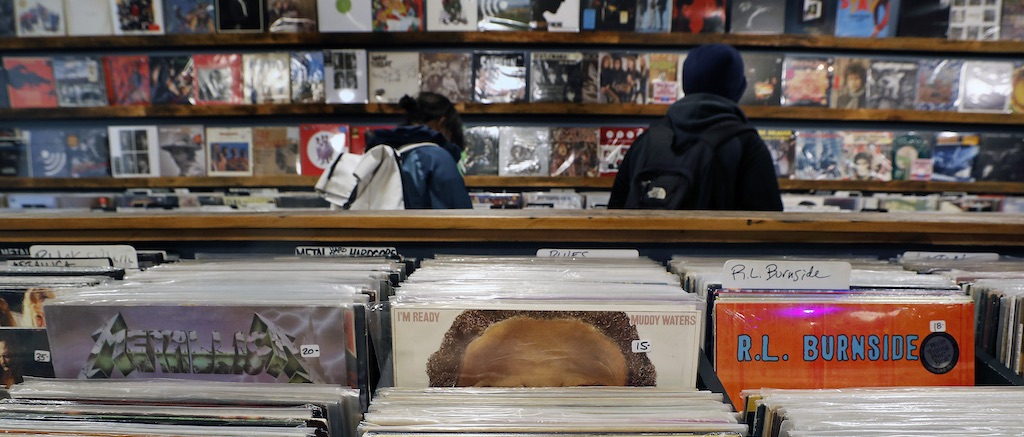One thing Billboard has proven in recent years is that when it comes to their famous charts, they’re not afraid of making changes to adapt to the times. Streaming music is now considered when it comes to sales numbers has changed, and now Billboard is making another alteration for how album sales are calculated, specifically as it relates to albums sold as part of a merchandise bundle.
Billboard notes that beginning with the charts dated January 3, 2020, “in order for an album sale to be counted as part of a merchandise/album bundle, all the items in the bundle must also be available for purchase concurrently and individually on the same website.” Furthermore, “the merchandise item sold on its own will have to be priced lower than the bundle which includes both the merchandise and the album.” This must also all take place on “an artist’s official direct-to-consumer web store,” not a third-party website.
This means that in order for an album sold as part of a bundle to be counted as a sale, the bundle must cost at least $3.49 more than the merchandise’s individual price, as $3.49 is the minimum price an album must be sold for in order to qualify for the charts. For example, a bundle consisting of an album and a $30 t-shirt must cost at least $33.49. In essence, under these new rules, albums can not be given away for free with other merchandise.
These changes come after some controversies with artists vying for the top spot on the Billboard 200 chart. Tyler The Creator’s Igor claimed the No. 1 spot over DJ Khaled’s Father Of Asahd, which upset Khaled because Billboard apparently had an issue with how Khaled sold some of his album bundles. Nicki Minaj was also upset that Travis Scott’s Astroworld was No. 1 over her own Queen due to an album bundle.







